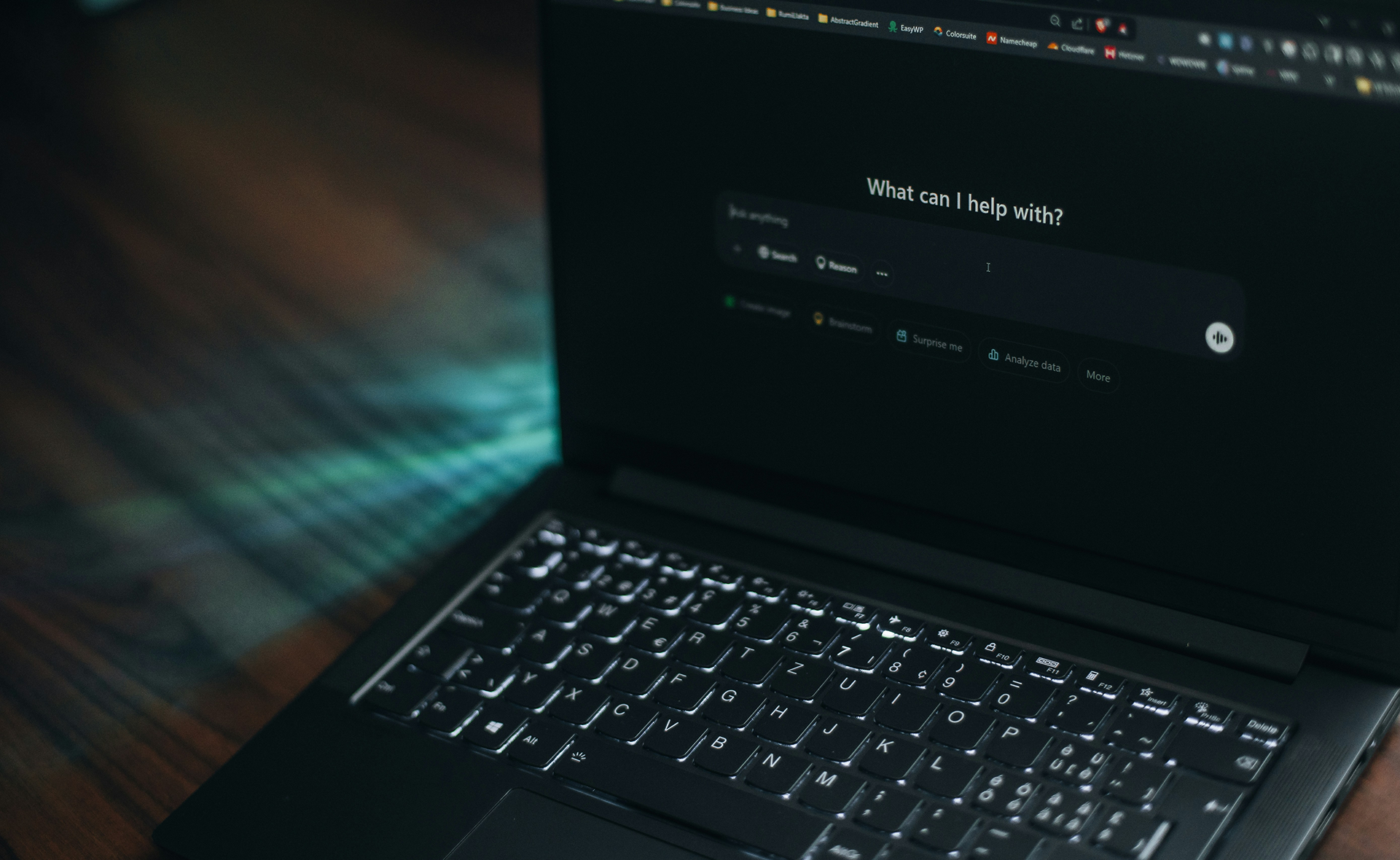How Studying Seasonality and Travel Habits Can Boost Your Marketing ROI
The travel and hospitality sector is more affected by seasonality than just about any other industry, with the possible exception of fashion.
It’s therefore vital for brands to build up a strong understanding of seasonal trends in consumer preferences and behaviours, not only in terms of when your customers are most likely to make bookings, but also the amount of time they spend planning and researching their travel experiences.
Knowing when members of your target audience take the most significant steps along their travel planning and buying journeys will help you maximise ROI from your marketing and media investments.
Seasonality and Booking Trends
On average, travellers make accommodation bookings 51 days in advance of their stay, according to the 2019 Traveller Profile report from hotel comparison site trivago. December travel is typically booked slightly further in advance (59 days), as are trips in Europe during the busy summer period (56 days).
The research noted that Europe has the clearest seasonal trend, with its traditionally busy summer holiday period, while North America also sees a spike in travel activity in July and August. Latin America typically sees two travel peaks in December and January, but Oceania does not show a clear seasonality.
Data from Eurostat underlines the clear seasonal trends in Europe in particular, with nearly one in four trips by EU residents taken in July and August.
For travel brands and marketers, it’s important to have a detailed, data-driven picture of when your customers want to travel, but also the amount of time they are likely to spend planning, researching and thinking about their trips.
Seeing a friend’s summer holiday pictures on social media might encourage someone to start thinking about a break of their own for the following year, for example, but they might not actually complete the booking until just a couple of months in advance.
Getting your timing right and engaging with people at the most appropriate point on their customer journey will help you to get maximum results from your marketing and strengthen brand relationships.
According to the 2019 Report on Travel Advertising from Sojern, 45 per cent of travel marketers view targeting customers at a specific point along their path to purchase as a key challenge this year. A similar proportion (46 per cent) identified the delivery of personalised ads and offers in real-time as another top priority.
From Careful Planners to Impulse Buyers
Making effective connections with your audience at exactly the right moment requires you to have a strong understanding of their habits and preferences. One of the biggest advantages of earning brand loyalty and securing repeat business is that you can really get to know your customers and anticipate their needs.
For some, the best approach is to spend a lot of time planning their travels down to the smallest detail. An American Express survey of British consumers found that respondents dedicated more time to planning their trips (nine days on average) than they actually spent on holiday (seven days).
At the other end of the scale are impulsive travellers who leave their arrangements to the last minute, either in an attempt to save money or possibly because they simply prefer to be spontaneous. In the US, millennials are driving demand for last-minute breaks, with 84 per cent of this generation having booked a trip within a week of their departure date, according to a study by Hotwire.
When it comes to meeting the needs of your specific target audience and delivering a high-quality service that will encourage them to buy from you again, it’s vital to understand your customers and to know what really matters to them.
Knowing Your Audience
For businesses, one of the biggest benefits of the explosion in digital technologies since the turn of the 21st century has been the huge increase in the amount of data available to help you understand your audience.
The Sojern research showed that 61 per cent of the most successful travel brands leverage data to target customers based on intent, or where they are on the path to purchase. Six out of ten firms (60 per cent) said data gives them better visibility into customer behaviour across websites and apps.
Furthermore, the growth of social media and other digital engagement channels, such as smartphone apps, has unlocked unprecedented opportunities to engage, communicate and build relationships with customers. Using your social media platforms of choice to ask and answer questions, start conversations and make relevant recommendations can help you make meaningful connections with your audience and get to know them better than ever before.
Understanding your customers and building up a clear picture of what they want is only part of the journey, of course. You need the ability to act on this knowledge with effective marketing and communications that deliver the right message at the right time.
In an inherently multinational space like the travel industry, getting your messaging right – with additional considerations like different languages, dialects and cultural nuances to bear in mind – can be a big challenge.
This is where the expertise of a dedicated, experienced language services partner can prove invaluable. Discover how Locaria can help you maximise your marketing results by giving us a call on +44 (0)20 3948 6800.



